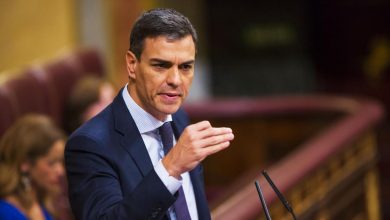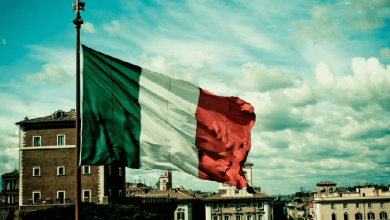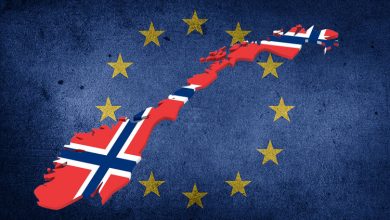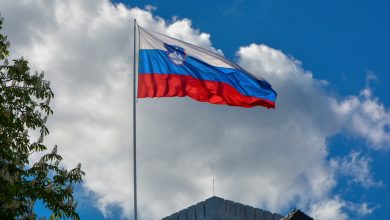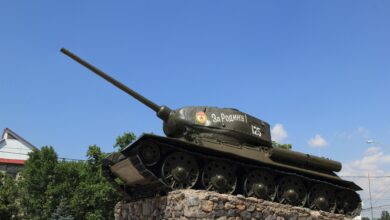Slovenian Presidential Elections: All You Need To Know

The Slovenian President plays a mostly ceremonial role, entrusted with limited power by the country’s Constitution. He promulgates laws and ratifies documents, and plays an instrumental role in forming the Government by proposing a candidate for Prime Minister to the National Assembly. He also proposes candidates for Constitutional Court judges, 5 of 11 candidates for the Judicial Council, and accredits Slovenian ambassadors and consuls. Should the deputies not be able to elect a Prime Minister after a third vote, he can moreover dissolve the National Assembly and call for new legislative elections.
This office is a relatively recent development for the Republic of Slovenia. It was only established in 1991, after Slovenia declared its independence from the Socialist Federalist Republic of Yugoslavia in 1991. Ever since then, voters have gone to the polls five times and have elected four different Presidents. On October 22, they will head to the polls once again to vote for a new President.
Electoral System

Direct elections are held every five years, and all citizens over the age of 18 can vote and run for the position. However, candidates for the position require some support before their candidacy can be recognised. They should either be backed by 5 thousand voters, by 10 members of the National Assembly, or one party plus 3 members of the Assembly (alternatively, one party plus 3 thousand voters). The Constitution specifies that a citizen can be elected for President only “two times in a row” which has sparked some controversy among constitutionalists, but ended with the interpretation of “two times period”.
The electoral system is based upon a majoritarian two-round system. Voters can only express one preference. Prospective presidents require an absolute majority – that is more 50% +1 of all valid ballots – to be elected. If no candidate reaches this target, there will be a second round of voting. This takes place between the two most popular candidates within 21 days of the first round.
Main candidates
There are over a dozen candidates who have gained the necessary support to run for office. As the position is mostly ceremonial, many of them do not have any previous experience in national or local politics. In fact, there are singers, actors, comedians, poets, educators and sociologists amongst the candidates. However, Slovenian voters seem to prefer politically active individuals, as both the strongest candidates in the race have such background.
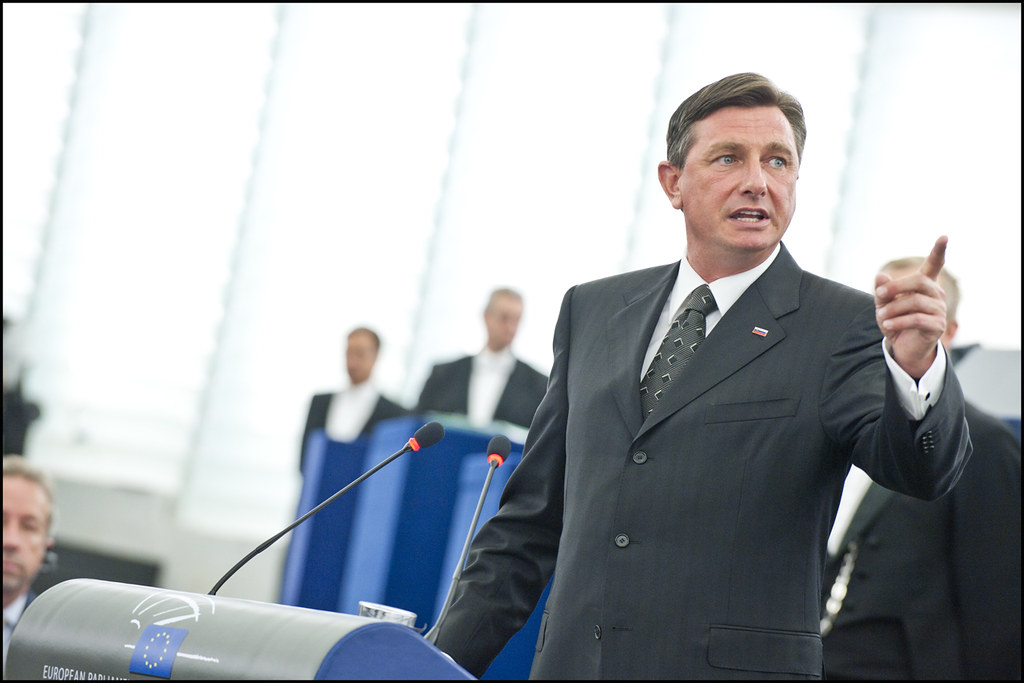
The incumbent President Borut Pahor, Social Democrat but running as an independent, is the clear frontrunner for the position. Repeatedly elected as part of the Slovenian Parliament since the 1990s, he was President of the National Assembly from 2000 to 2004, an EU deputy from 2004 to 2008, the Slovenian Prime Minister from 2008 to 2012 and has since been President. In his past dabbling in politics, he has distinguished himself for his moderate and non-partisan politics. In fact, he has often run on third-way centrist platforms, and in the past even clashed with the left sector of his own party over his support to NATO membership.
From meeting youth in his presidential office to meeting with Putin to encourage the resolution of the Ukrainian conflict (to little avail), he has taken a quite active approach to his presidency. He was even a signatory of the Ljubljana Initiative, a draft for a new EU constitution, and is an outspoken supporter of a European Federation. He is also known for his flair for the dramatics and his use of social media while in office (as his Instagram profile demonstrates).
Also running without the backing of a party is Marjan Šarec, former mayor of Kamnik, a municipality in Northern Slovenia. He is mostly known for his past career as comedian and political satirist. In particular, he received nationwide attention impersonating various characters on a popular radio show called Radio Ga Ga.

In 2010, he decided to get involved in local politics and, unlike many media personalities who try to do the same, he succeeded. He has since devoted his life to politics and shelved his comical personas. He was mayor for two terms, first with the centre-left, social liberal party Positive Slovenia, and then with his own list. His main hope is attracting young voters leaning on the left side of the spectrum, while trying not to alienate centrist and liberal voters.
Another notable candidate is Angelca Liković, former teacher and headmistress of an elementary school, former Big Brother commentator and avid anti-abortion advocate. Together with other concerned citizens she founded a party Movement for Children and Parents, wittily abbreviated as “GOD”. Other candidates comprise Ljudmila Novak, the president of a right-wing party, Maja Brenčič Makovec, the Minister of Education, Polona Končar, an EPP deputy in the EU Parliament.
Main issues
Candidates made many farfetched promises in these elections, from eradicating poverty, to fighting jihadi extremism and exiting NATO. However, it is hard to take such pledges seriously considering that the President is little more than a symbol and has very little powers. Some more realistic points of dispute include what role the President should have, immigration matters, and the country’s relations with Croatia, which have been less than optimal due to a decades-old maritime border dispute.
Concerning the first matter, Šarec has amply criticised Pahor for treating his role as a celebrity, and has promised to restore dignity to the office. He even stated that serious matters require a serious approach, which is not the case under Pahor’s presidency. The irony of a former comedian scolding the President for not taking his office seriously was lost on absolutely no one.
 On immigration, Pahor consistently kept quiet about the Neo-Nazi attacks during the 2015 refugee crisis in Slovenia. After Hungary closed its borders, many refugees started entering the country through Croatia, which provoked a spike of racist attacks and the rise of fascist rhetoric. Pahor’s absent voice on the matter did not go unnoticed, and was amply criticised by many, including Šarec.
On immigration, Pahor consistently kept quiet about the Neo-Nazi attacks during the 2015 refugee crisis in Slovenia. After Hungary closed its borders, many refugees started entering the country through Croatia, which provoked a spike of racist attacks and the rise of fascist rhetoric. Pahor’s absent voice on the matter did not go unnoticed, and was amply criticised by many, including Šarec.
As for the latter, Pahor has been firm in his belief that there is no need to re-open bilateral talks with Croatia for what concerns the border dispute between the two countries, and insists on the implementation of an international arbitration decision, which he negotiated with Croatia in 2009 and which was rejected by Croatia in 2015. Šarec’s stance on the topic is unclear, but he has pledged that he would speak up and be more involved in Slovenian issues, which may be an opening towards more talks with Croatia in a bid to solve the current stalemate.
Polls
Pahor enjoys an overwhelming amount of support from citizens. According to opinion polls, he will gain around 45% of the votes, and he might even surge to an absolute majority. Lagging quite far behind is Šarec, with 17% of the preferences so far. This makes it quite certain than he doesn’t stand much of a chance against the frontrunner in this race.
However, at this moment in time five years ago, then-President Danilo Türk seemed unbeatable as well. And yet, he ended up losing to Pahor himself. What he will need to be careful of is the 18% of undecided voters which could possibly end up shifting the tide to these elections.

